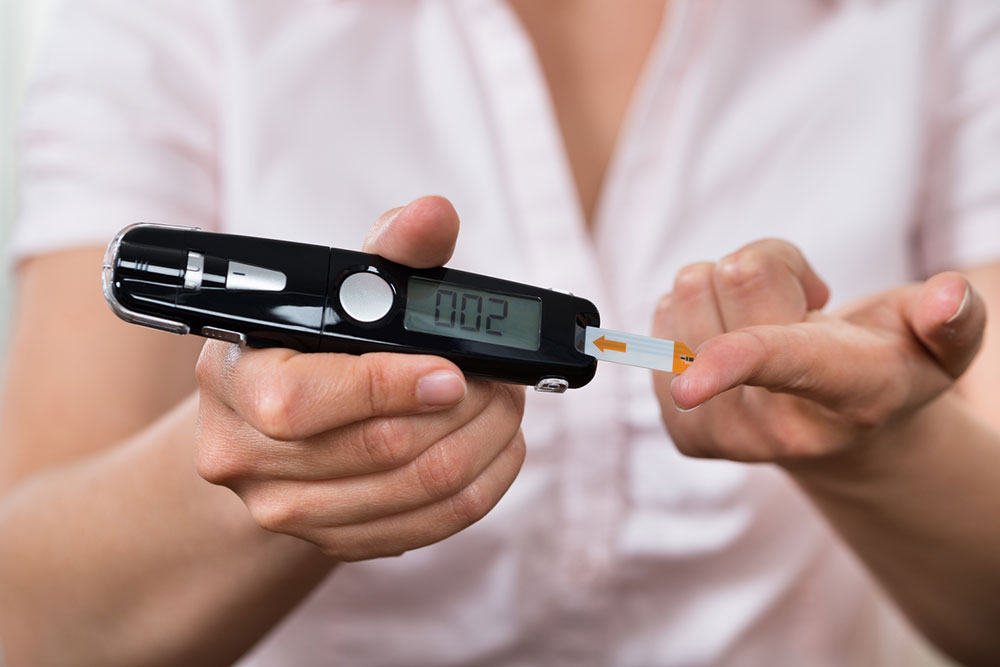
7 essential steps to prevent pressure sores for bedridden patients
Pressure sores, also known as bedsores or pressure ulcers, are painful and potentially dangerous skin lesions that can develop when there is prolonged pressure on the skin and underlying tissues. Bedridden patients, especially those with limited mobility, are at a higher risk of developing pressure sores. These sores can lead to serious complications, including infection and tissue damage. Keep reading to learn more about the preventive measures bedridden patients can take to prevent pressure sores. Frequent Repositioning One of the most crucial steps in preventing pressure sores is to change positions regularly. Bedridden patients should aim to reposition themselves every 2 hours, shifting their weight to relieve pressure on specific areas of the body. Caregivers can assist with this process by using pillows or cushions to support different body parts and by gently moving the patient to prevent constant pressure on the same area. Further, if needed, one can buy hospital beds for home use. Regardless, repositioning helps improve blood circulation, reducing the risk of pressure sore development. Maintain Good Skin Hygiene Proper skin care is vital for preventing pressure sores, especially for bedridden patients who should be kept clean and dry at all times. Regularly cleaning the skin with a mild soap and warm water is recommended.
Read More 










